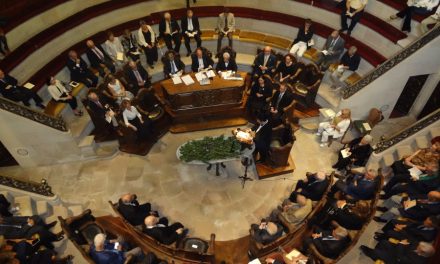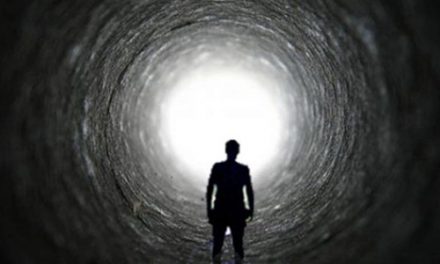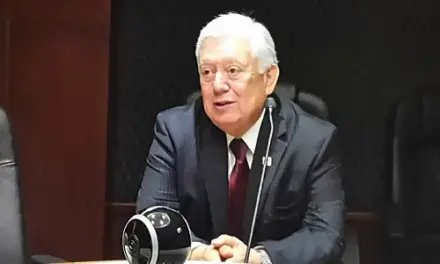José Ramón Calvo, president of the Institute of Interdisciplinary Research of the RAED, explains his relationship with the Nobel Prizes and advances a future academic programme
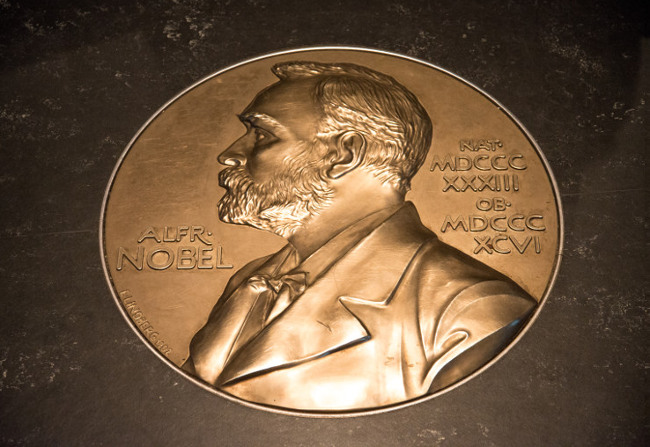 José Ramón Calvo, full academician of the Royal European Academy of Doctors-Barcelona 1914 (RAED) and president of its Institute of Interdisciplinary Research, advances in an interview granted to Diario Médico the future programme “Yo también puedo ser premio Nobel” (I can also be a Nobel Prize winner) will launch the RAED in the future. “The name already says a lot: selected young people about to enter the university, aged 17-20, mentored by award-winners, who are encouraged to choose a scientific career and a focus on discovery. We understand it as an ADO programme of science, and we all know that, over the years, the sports ADO crystallized in obtaining Olympic medals”, Calvo said.
José Ramón Calvo, full academician of the Royal European Academy of Doctors-Barcelona 1914 (RAED) and president of its Institute of Interdisciplinary Research, advances in an interview granted to Diario Médico the future programme “Yo también puedo ser premio Nobel” (I can also be a Nobel Prize winner) will launch the RAED in the future. “The name already says a lot: selected young people about to enter the university, aged 17-20, mentored by award-winners, who are encouraged to choose a scientific career and a focus on discovery. We understand it as an ADO programme of science, and we all know that, over the years, the sports ADO crystallized in obtaining Olympic medals”, Calvo said.
The academician explains in this specialized publication how his relationship with the Nobel Prizes began more than two decades ago and how they have influenced his career, to the point of devoting much of his efforts to creating programmes to disseminate his experiences and knowledge through of contact with students and young researchers and shared experiences. “In 1993, the rector of the University of Las Palmas offered to organize an international conference for the institution’s fifth anniversary. I told him I would bring nine Nobel laureates and that the Queen would inaugurate the sessions -explains Calvo-. Then, I organized the Campus of Excellence in the Canary Islands, in which scientists with the Nobel and other experts with young students coexisted”.
“My goal has always been to awaken scientific vocations in talented and predisposed children -he says-. Five editions of the Campus were held from 2005 to 2009, and a total of fifty Nobel scientists participated in a hotel with doctoral students. They received feedback, advice and criticism in their doctorate projects, and I know that for most of them it was a stimulating moment in their personal and academic growth. After the Campus, I have continued to invite award winners to forums and conference cycles”.
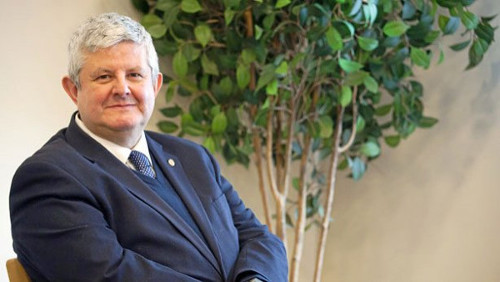
Dr. José Ramón Calvo
The academician assures that of his long relationship with the Nobel Prizes he has learned that perseverance, along with work and talent, is the line that separates the researcher who ends up reaching his goal and who that stays on the road. And he finds three features in common among all the winners with whom he has had a relationship, apart from his scientific field: “a curiosity without limits, passion for what they do and that perseverance to the test of a bomb, because where others leave they keep looking”.
Finally, Calvo says that to make Nobel prizes the only secret lies in the firm and determined commitment to research, something that Spain doesn’t take into account. “In Spain, the investment in science, technology and stimuli to research is very poor. It is not inverted and I get it, it is inverted, I hope and we will see. And our universities are not oriented to attract external talent. An exception is Icrea, the Catalan Institution for Research and Advanced Studies, which captures that talent and lends it to universities. Scientific achievements need an adequate ecosystem”.

